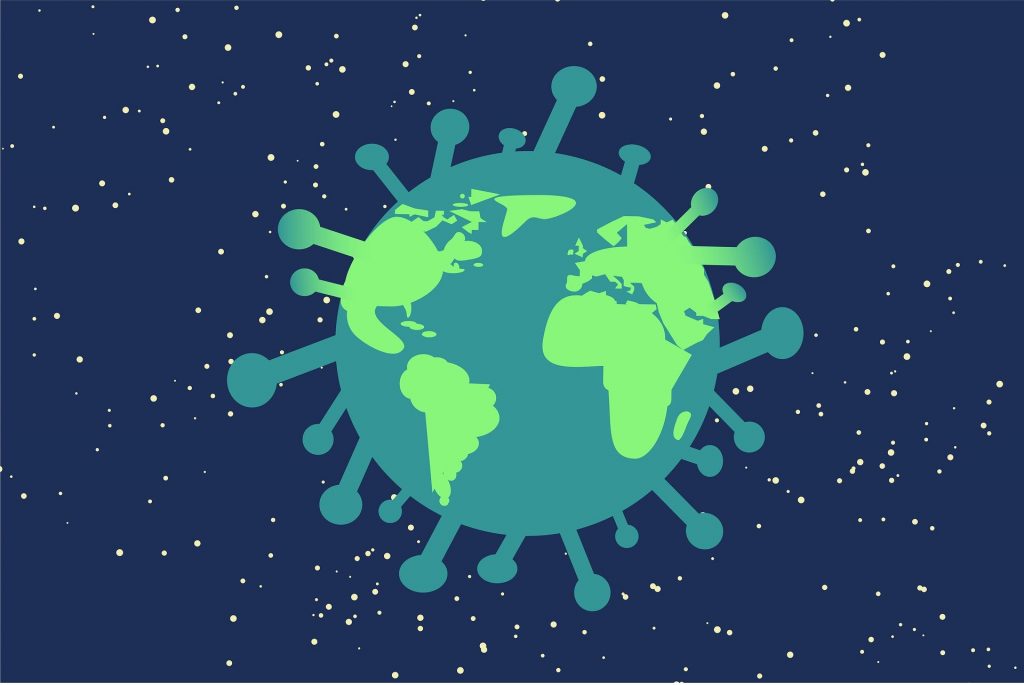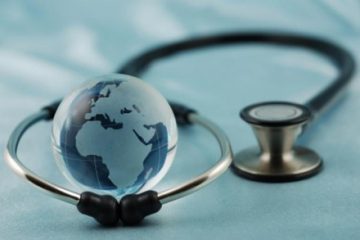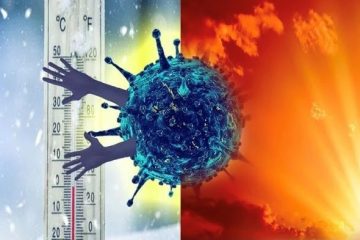A new variant on the scene
The world has yet again faced another variant of COVID-19. The Omicron variant was first detected in South Africa and Botswana in November 2021 and, according to many scientific researches and public health projections scientists, it will soon enough become the dominant variant to wreak havoc on our health systems. Even with mass vaccinations, and boosters at play, it seems that the race to herd immunity against COVID-19 is still ongoing.

Almost three years into the pandemic, we have been witnessing a slow return to normalcy, particularly in areas of social and economic recovery with schools, stores, and restaurants reopening and travel restrictions being lifted. However, with cases of Omicron surging, normalcy has once again become a futuristic ideal.
Increased transmissibility and ability of the Omicron variant to evade immunity are two factors that might have contributed to the surge of infections.
The question is: with the high transmission rate of Omicron variant, is there a need to shift our COVID-19 response?
Here’s what we know about Omicron variant so far:
- Currently, according to the World Health Organization (WHO) COVID-19 dashboard, there are about 310 million cumulative cases worldwide. The discovery of omicron was a cause for alarm, because this variant had the ability to sidestep the available vaccines and has high transmissibility. This, however, should not come as a surprise for those in the field of public health, given the little to no access to vaccines in the Global South, with disproportionate hoarding in the Global North.
- The Omicron variant was discovered by South African Scientists, whose dedication to public and global health brought forth the need to have discussions about equitable vaccine delivery. This was unfortunately met with unsolicited travel bans against South Africa and several African countries that also reported cases of Omicron. Debates were sparked as the WHO and South African leaders criticized the travel bans as the discovery did not necessarily mean it was not present in other parts of the world. Such measures were also deemed ineffective, as they would further fuel the and caused negative socioeconomic implications that affected countries have been suffering from since the start of the pandemic.
Omicron variant: next steps
Because of many scientific uncertainties given the novel nature of the Omicron variant, several questions were raised regarding whether another lockdown was impending, about how effective the boosters be, and whether it would overwhelm the healthcare systems again?
Preliminary data and research have shown that omicron is more contagious and length of exposure of infection seems to be shorter than the previous Ddelta variant. Additional studies also show less severity ofin illness and hospitalization in certain populations . A although factors such as immunization may play a role in that regard.
While it is not yet clear if getting infected with omicron causes more severe disease than other variants, including delta. There is also no information that suggests if symptoms associated with this variant are any different from the others. It is important to note that all variants of COVID-19, including the Delta variant that is dominant worldwide, can cause severe disease or death, in particular for the most vulnerable people, and thus prevention is always key.
Severe disease or not, continuous scientific efforts are mandated to deeply understand the potentially devastating impact of Omicron on our existing public health measures. While social distancing and masking remain effective, vaccines are the most promising tools we have at our disposal to achieve herd immunity and mitigate potential mutations. Equitable vaccine distribution and delivery remain key strategies in reaching such a goal. It is important to note that while boosters have been deemed protective against severe disease, and have been ramped up by countries in the Global North, the Global South is yet to deliver first doses to a majority of its population.
We may never know when we will see the end of the pandemic, but it requires efforts from all parties involved. Leaders should also be held accountable and work towards vaccine equity. Scientists and health experts must work together and downstream the information to the public. And as the public, we follow the protocols and take steps to end this and learn from it.
On a final note, I leave my readers with a quote from Dr. Tedros:
“An event cancelled is better than a life cancelled. It’s better to cancel now and celebrate later, than to celebrate now and grieve later.”
Dr. Tedros, WHO
References:
- https://www.cdc.gov/coronavirus/2019-ncov/variants/omicron-variant.html
- https://www.sciencenews.org/article/omicron-coronavirus-covid-variant-severity-antibodies
- https://www.who.int/news/item/28-11-2021-update-on-omicron
- https://news.un.org/en/story/2021/12/1108452
- https://healthcare.utah.edu/healthfeed/postings/2021/01/covid19-variants.php




0 Comments